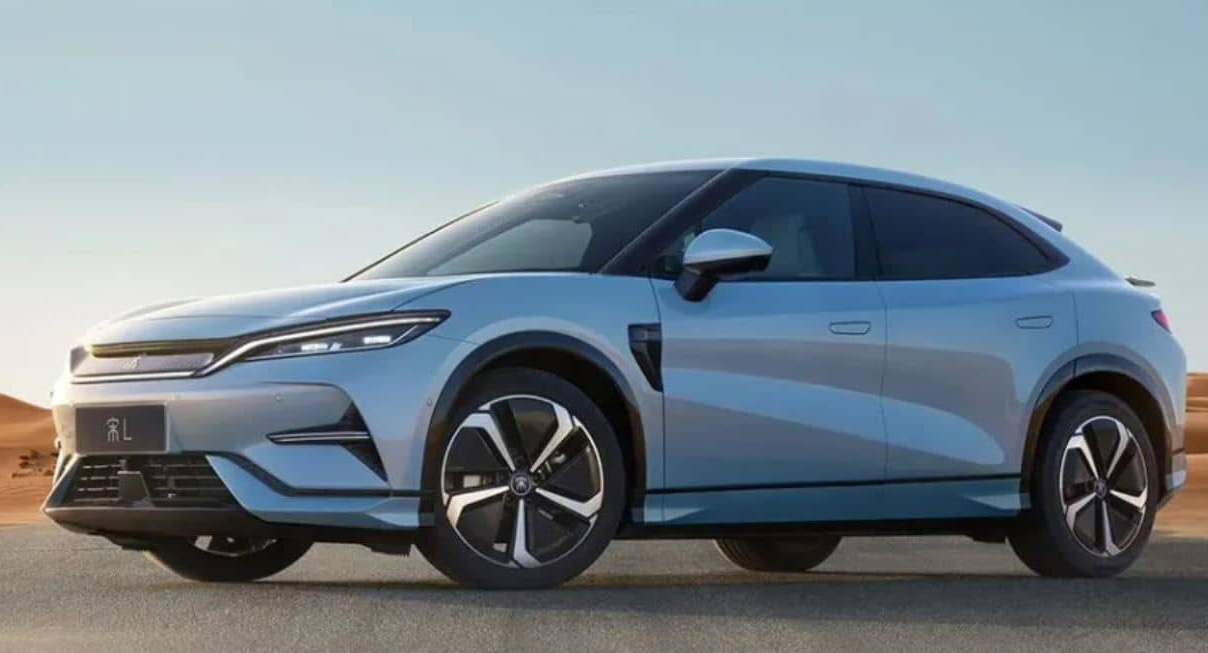The increased tariffs include electric vehicles now facing a 100% charge, up significantly from the previous 25%. Lithium-ion batteries will see an increase from 7.5% to 25%, and photovoltaic cells will jump from 25% to 50%. For semiconductors, the current tariff remains at 25%, but is scheduled to rise to 50% in 2025. Additionally, tariffs have been introduced on previously untaxed items like minerals and ship-to-shore cranes at a rate of 25%, and syringes and needles at a steep increase of 50%.
This move by the U.S. government aims to limit the influence of Chinese manufacturers in the U.S. market and address concerns about economic security and information safety.
These radical adjustments have sparked significant reactions from China’s governmental bodies. The Ministry of Foreign Affairs released a statement claiming that "China will take full necessary measures to safeguard its legitimate rights and interests." Furthermore, the Ministry of Commerce criticized the tariffs, asserting they would "seriously affect the atmosphere of bilateral cooperation" and urged the U.S. to reverse its decision.
China's sharp response underscores potential escalation in trade tensions between the two giants. While the exact implications are yet to unfold fully, it is likely that these tariff modifications will influence global markets and could prompt retaliatory measures from China.
Sources: The White House, South China Morning Post

